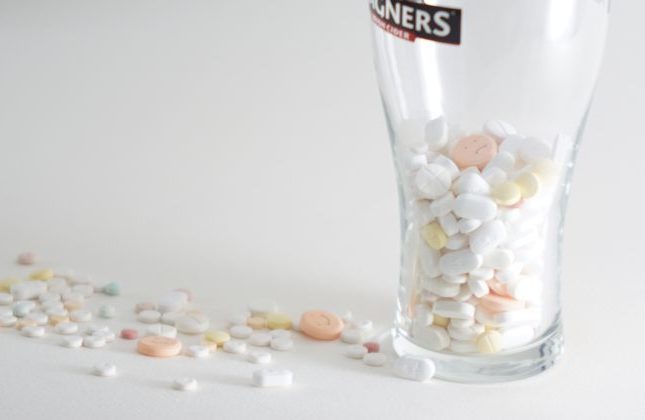The Dangers of Prescription Opiate Pain Meds

Prescription drug abuse is a worldwide health concern for many communities and families. It’s also one of the lead instigator in social issues like child abuse, homelessness, and overall crime. Addiction to opiate pain meds has been on the rise the past few years leading to the “Opioid Crisis” in the U.S. There are many ways drug addiction can be treated, but only if the addict gets the help he/she needs. Below are some of the dangers any opiate user can face if they get hooked onto prescription opiate pain meds.
What are opiate pain meds?
Opiates, also known as opioids, are prescription pain meds used to treat moderate-to-severe pain following a surgical procedure, or to treat chronic diseases or any other diseases like cancer. Opiates are natural or synthetic drugs that are prescribed legally and include codeine, fentanyl, morphine, oxycodone, and hydrocodone. These opioids are similar to endorphins and make your body naturally relieve pain, but that means they’re also similar to heroin which is an illegal opiate. They’re powerful when it comes to blocking pain receptors in the brain and it’s one of the reasons many people misuse it.
What are the side effects?
Opiates should be taken for a short period of time and under your doctor’s supervision. They become dangerous if taken for longer periods of time as an addiction can develop. However, no matter the time period you take, opiates can have a series of side effects that you should watch for. Side effects include:
- Drowsiness and sleepiness
- Constipation
- Depression and anxiety
- Nausea or vomiting
- Low energy and low sex drive
- Lack of strength
When the danger starts
These are just some of the basic side effects that you can face. However, the more you take prescription opiates, the more you become dependable on them as your body becomes more tolerant of the drug, and so you would need to take more pills or up your dose. This of course is dangerous to do without consulting your doctor as it’s the first step in becoming completely dependent on the drug; it might even lead you to addiction. The fact that your body has become physically dependent on it also means that you will face withdrawal symptoms when you stop it. So following up your doctor will establish a much healthier method in stopping the drug.
Health risks and withdrawal symptoms
Becoming dependent on opiates, or even addicted to them and then stopping, can result in a myriad of withdrawal symptoms that include itching and sweating, cold flashes, restlessness, muscle pain, uncontrollable leg movements, and insomnia. It’s also a danger to pregnant women as it can cause neurological deficits to the baby. Misuse of opiates can cause overdose as well by causing breathing fluctuations and sometimes even respiratory arrest. Stopping opiates can come easily to some people, especially newly pregnant women, while others need a little bit of time. An opiate detox while pregnant, or otherwise, is highly recommended to come off the drug safely. To manage withdrawal symptoms and prevent addiction, it’s never advised to stop opioids cold turkey; a ‘drug detox’ needs to occur with the help of your doctor to avoid any serious health conditions.
The Opioid Crisis
You might have seen recent campaigns or storylines within movies and TV shows discussing the opioid or opiate crisis in the U.S. as it has become of the biggest drug problem in the past few years. According to a Houston drug crime lawyer, the increase in drug usage and the opioid epidemic has also caused drug crimes to spike in the last few years. In 2016, there was 144,013 drug crime arrests just in Texas alone. More than 191 million opiate prescriptions were handed out to patients since 2017, and around 70 million overdose deaths have occurred. This has caused the department of health to declare a state of emergency and are currently combating the opioid crisis with education and extra laws preventing misuse of the drug and its prescription from doctors.
Following a treatment plan
Treatments can be easily arranged for anyone suffering from opiate dependence or addiction. Behavioral therapy helps modify attitude relating to drug use. And other medicines can be used to replace opioid effects and withdrawal symptoms without endangering your brain. It’s important to consult your doctor with any treatment plan if you notice dangerous signs from using opioids.
Watch out for the signs
Prescription opiate drug abuse is a widespread epidemic these days. You need to understand whether you actually need to take opioids in the first place or not. You also need to know the difference between depending on the drug, or being addicted to it. Always consult your doctor every step of the way to avoid misusing opiates and its dangers to your health.

